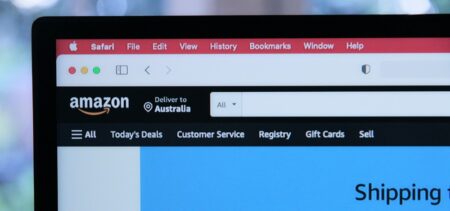What is Local SEO?
A local search is defined as anyone who makes a search with local intent. Even if they don’t use a location qualifier in their search term, clicking on a local result turns that search into a local search.
If you have a physical location along with your Volusion store, local SEO is critical. Not only will it help your SEO and marketing efforts overall by establishing additional trust and authority with search engines, it will ensure your customers can actually find you when they’re ready to shop.
There are two types of local search results:
- The map pack
- The three pack
Most Volusion store owners will fall into the map pack category, which is a list of results with red markers that show up on a map to the right. The three pack, which is generally reserved for restaurants and hotels (with a few exceptions), is a smaller box of results that allow you to open a new page of nothing but local search results to compare against each other.
Why Do You Need Local SEO?
First and foremost, you simply need your customers to find you. Putting your address on the website will only get you so far. To get the new visitors, you need local SEO to help your store show up in search results. People who conduct local searches are also further in the purchase cycle than other searchers. They’re searching for store hours, product availability and directions. Local searches have more active intent behind them, making local SEO a powerful tool in your marketing arsenal.
What Does Local SEO Require?
There are two things your business needs in order to be a candidate for local SEO:
- A physical storefront where you serve customers
- A local phone number. That means you shouldn’t be using an 800 number to market your store locally!
By having clear, consistent and correct information in local directories across the web, you’ll be sending a signal to search engines that this information is authoritative and trustworthy. Make sure your location is easily found on your website as well.
Another important aspect of local SEO is something that’s harder for store owners to control: reviews. Don’t write them yourself – search engines (and customers, for that matter) can spot fake reviews a mile away. Instead, ask happy customers to leave a review for you, or hand out a “Thank You” slip with every purchase asking for an online review.
Be sure to monitor these reviews and respond directly if someone had a bad experience. Not only does this create trust with customers reading reviews, it could help someone change their view of your business. Negative reviews are not necessarily a bad thing. Too many perfect reviews will turn customers off and may lead them to believe you created them yourself. As long as you are committed to serving your customers, store owners have nothing to fear from online reviews.
Do you have any local SEO questions or tips to add? Post them in the comments below!
~ Adrianne Beutnagel, Search Marketing Specialist



























